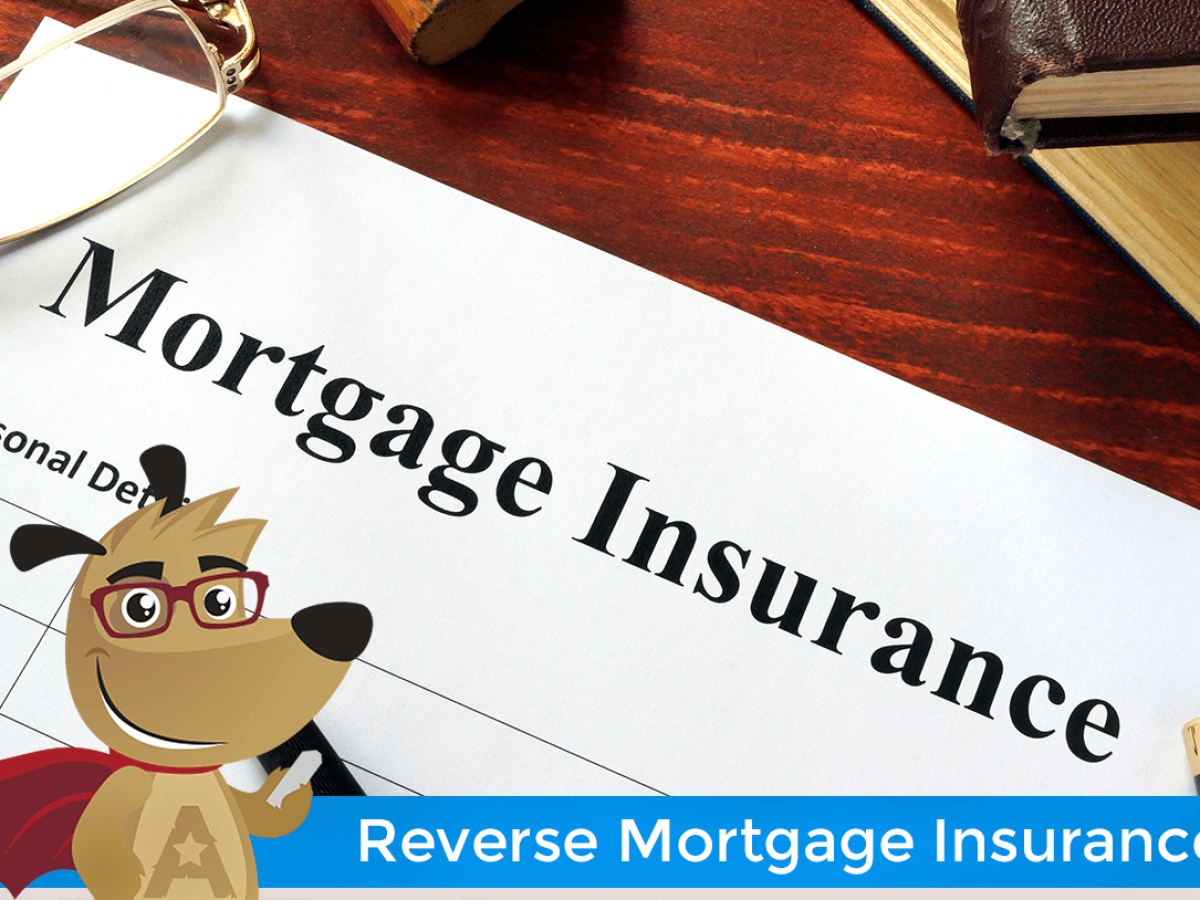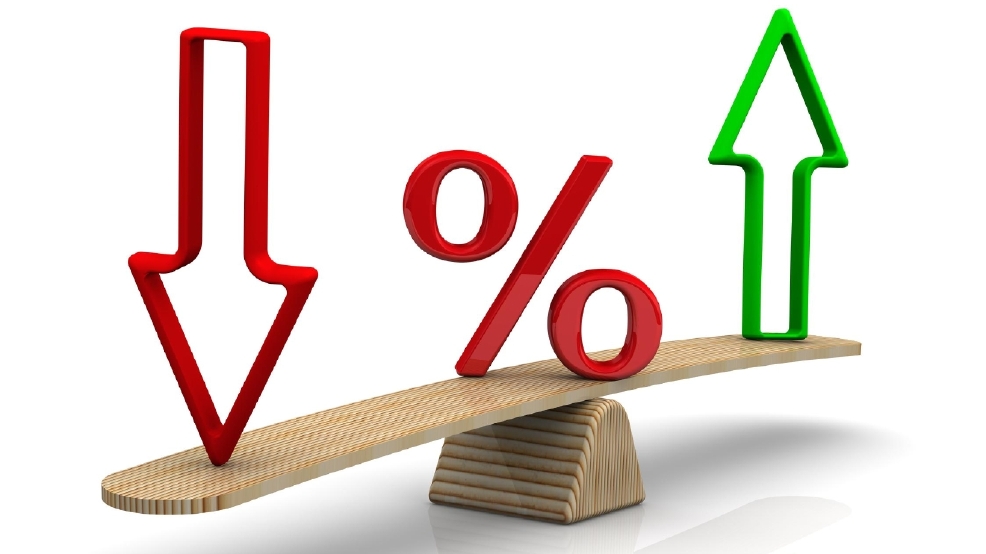Home loan payments are structured so that interest is settled earlier, with the bulk of home loan payments in the first half of your mortgage term approaching interest. As the loan amortizes, more and more of the mortgage payment approaches the principal and less toward its interest. Continue reading: Before you even use for a home loan, you have to get preapproved. Once you sign, these become what you have to pay. With a fixed-rate home mortgage, your rates of interest stays the very same throughout the life of the home loan. (Home mortgages typically last for 15 or 30 years, and payments must be made regular monthly.) While this suggests that your rate of interest can never go up, it also indicates that it could be higher typically than an adjustable-rate home loan in time.
However, you usually get a certain variety of years at the beginning of the loan duration throughout which the rates of interest is repaired. For instance, if you have a 7/1 ARM, you get seven years at the fixed rate after which the rate can be adjusted when annually. This suggests your regular monthly mortgage payment could increase or down to represent modifications to the rate of interest.
If you're 62 or older and want cash to pay off your mortgage, supplement your earnings, or pay for healthcare costs you might think about a reverse home loan. It permits you to transform part of the equity in your house into cash without needing to sell your house or pay extra monthly bills.
A reverse home loan can utilize up the equity in your house, which means fewer possessions for you and your beneficiaries. If you do choose to try to find one, examine the different kinds of reverse home mortgages, and comparison shop prior to you choose on a particular company - how do points work in mortgages. Keep reading for more information about how reverse home mortgages work, getting approved for a reverse mortgage, getting the finest offer for you, and how to report any fraud you might see.
About How Do Reverse Mortgages Work In Florida
In a home mortgage, you get a loan in which the lender pays you. Reverse home mortgages participate of the equity in your house and convert it into payments to you a type of advance payment on your home equity. The cash you get typically is tax-free. Typically, you do not have to repay the money for as long as you live in your house.

Often that indicates offering the home to get money to pay back the loan. There are 3 type of reverse home mortgages: single function reverse home mortgages offered by some state and local federal government firms, in addition to non-profits; proprietary reverse home loans private loans; and federally-insured reverse home loans, likewise known as House Equity Conversion Home Loans (HECMs).
You keep the title to your home. Rather of paying month-to-month home loan payments, however, you get an advance on part of your home equity (how do mortgages work in canada). The cash you get typically is not taxable, and it normally won't affect your Social Security or Medicare advantages. When the last making it through debtor dies, sells the house, or no longer lives in the house as a primary residence, the loan has to be repaid.
Here are some things to consider about reverse home loans:. Reverse home mortgage lenders typically charge an origination fee and other closing expenses, in addition to servicing costs over the life of the home mortgage. Some likewise charge mortgage insurance premiums (for federally-insured HECMs). As you get cash through your reverse home loan, interest is added onto the balance you owe every month.
The smart Trick of How Mortgages Subsidy Work That Nobody is Discussing
Many reverse home loans have variable rates, which are connected to a monetary index and modification with the marketplace. Variable rate loans tend to offer you more alternatives on how you get your cash through the reverse home loan. Some reverse home mortgages primarily HECMs provide fixed rates, but they tend to require you to take your loan as a lump amount at closing.
Interest on reverse home mortgages is not deductible on tax return until the loan is settled, either partly or completely. In a reverse home mortgage, you keep the title to your home. That means you are accountable for real estate tax, insurance coverage, utilities, fuel, upkeep, and other expenditures. And, if you don't pay your property taxes, keep property owner's insurance, or maintain your house, the loan provider might need you to repay your loan.
As a result, your lender might need a "set-aside" quantity to pay your taxes and insurance during the loan. The "set-aside" reduces the quantity of funds you can get in payments. You are still responsible for maintaining your home. With HECM loans, if you signed the loan documentation and your partner didn't, in specific situations, your partner may continue to reside in the house even after you die if he or she pays taxes and insurance, and continues to keep the residential or commercial property.
Reverse home loans can consume the equity in your house, which indicates fewer properties for you and your beneficiaries. The majority of reverse home loans have something called a "non-recourse" clause. This suggests that you, or your estate, can't owe more than the worth of your house when the loan becomes due and the home is sold.
Rumored Buzz on How Do Uk Mortgages Work
As you think about whether a reverse mortgage is best for you, likewise think about which of the 3 sell my timeshare without upfront fees kinds of reverse home mortgage may finest fit your needs. are the least pricey option. They're provided by some state and regional federal government companies, in addition to non-profit companies, but they're not readily http://spencerwvxq059.lowescouponn.com/h1-style-clear-both-id-content-section-0-some-known-questions-about-what-is-the-debt-to-income-ratio-for-conventional-mortgages-h1 available everywhere.
For instance, wesley mcdowell the lender may say the loan might be utilized only to pay for house repair work, enhancements, or real estate tax. Many house owners with low or moderate earnings can qualify for these loans. are personal loans that are backed by the companies that establish them. If you own a higher-valued home, you might get a bigger loan advance from an exclusive reverse home mortgage.
are federally-insured reverse mortgages and are backed by the U. S. Department of Housing and Urban Development (HUD). HECM loans can be utilized for any purpose. HECMs and exclusive reverse mortgages may be more expensive than traditional mortgage, and the in advance costs can be high. That's important to consider, especially if you plan to remain in your home for simply a brief time or borrow a percentage.

In general, the older you are, the more equity you have in your house, and the less you owe on it, the more money you can get. Prior to looking for a HECM, you should consult with a therapist from an independent government-approved housing counseling company. Some lending institutions offering exclusive reverse home mortgages likewise require therapy.